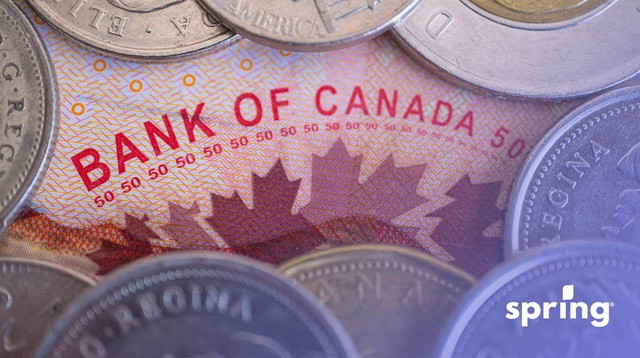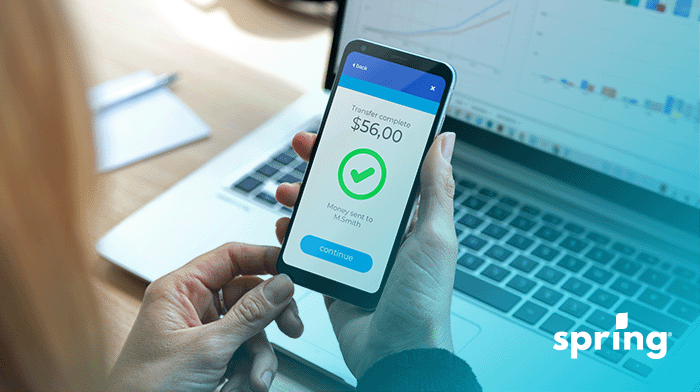You can start improving your day-to-day life and, in turn, improve your career prospect and financial prosperity. Here are seven habits that could make you richer.
1. Write Down Daily Goals
Here comes that word again: focus. Having a complete life plan is daunting and unrealistic, but having a daily plan is achievable and useful. If you write down your plans for the day, you minimize the risk of being overwhelmed and feeling defeated before you even begin. Instead, you can tackle tasks in smaller chunks and celebrate more accomplishments.
You’re also less likely to forget important events, and even when you do, you have your list to remind you. Writing down your goals, whether it’s walking the dog or finalizing the annual budget, introduces accountability and structure into your daily life. Reliability and organization are key in career progression and successful financial management, so a list a day can turn into real cash.
2. Exercise
You don’t have to be an Olympic weightlifter or marathon runner to see the benefits of exercise. Staying active reduces the chance of health-related problems, saving you from missed days at work and expensive prescriptions. Contrary to popular opinion, exercise doesn’t tire you out. Endorphins energize you, boosting happiness and productivity.
While it’s true that gym memberships and fitness clubs can be expensive, those aren’t your only options. Many local community centres are much more affordable and there are plenty of free options. Online classes on YouTube can be done from home, while walking, hiking, running, and biking can all be done with simple, affordable gear.
To save even more money, skip the cost of parking, gas, and car maintenance by walking or biking.
3. Cook and Meal Plan
Everyone is going to dine out sometimes, but having a fridge full of delicious, home-cooked meals makes it a lot easier to avoid ordering Chinese takeaway. The average cost to dine out in Canada is $15 per person. If you buy lunch three times a week and dinner twice, that’s $75 a week, or $3900 a year. Forbes found on average that it’s almost five times as expensive to eat out as it is to cook at home. If you cooked at home for those same five meals, you’d only spend $780, which is a savings of $3120 per year.
The other advantage of meal prepping is that you plan for multiple meals at a time, not just a single dish. By selecting ingredients you can use across several meals, you avoid constantly buying new items or wasting food (looking at you, wilted veggies in the crisper drawer).
On top of that, restaurant food is generally much higher in calories than home cooked food, meaning that by cooking at home you’ll save both money and calories.
4. Learn
Learning is never a waste of time; you never know when a piece of information might help. Just as meditation teaches your mind to focus, learning helps your mind expand. (It’s worth noting too, that being able to focus helps you learn faster, so meditation helps here as well). Learning inspires new ideas, and those new ideas can take you places you never even expected.
The beauty of the internet is that there are boundless free resources for learning. Coursera offers college-level courses, Duolingo teaches languages, Skillshare helps with soft skills, Hubspot offers content marketing courses, Codecademy teaches coding—the list goes on. A few minutes every day keeps you sharp and gives you new perspective, and whether you’re improving on professional skills or pursuing personal interests, learning leaves you richer mentally and can lead to more job opportunities.

5. Track Expenses
Just like daily goals and tasks, you can’t ignore your finances and hope all your money problems will handle themselves. The best way to manage your money is to be mindful of it every day, not just when the credit card bill arrives. If you track your money, you won’t be surprised at your bills and can reallocate and adjust your spending as needed. Plus, just as setting daily goals makes bigger goals more achievable, so too does tracking daily spending makes meeting your budget easier.
These days, the process of tracking your money can be as simple as connecting to an app. Read our reviews of Mint or You Need a Budget to see some of the options available.
6. Meditate and Cultivate Mindfulness
Media depictions of meditation often feature a caftan-wearing guru sitting cross-legged, making it seem a bit “out there” for the average person. In truth, meditation can take many forms and can be done by anyone. The main goal of meditation is to train your mind to focus on the present moment.
Mindfulness meditation has been shown to decrease the brain network responsible for mind-wandering and self-referential thoughts. Mind-wandering has been connected to anxiety and unproductive worrying, meaning that dialling down activity in that part of the brain can improve overall happiness.
Having focused energy and meaningful thoughts helps us make better choices, including in how we spend our money. Likewise, the ability to focus is essential to productivity at work, so cultivating it could help you get a promotion or raise.
Studies have found that even a few minutes a day helps, so meditation is a habit worth starting. There are plenty of apps to get you started, such as Headspace, Calm, and Breathe.
7. Practice Gratitude
Saying thank you is just plain good manners, but practicing gratitude goes beyond that: it’s about appreciating what you have. You can show gratitude for things both big and small, like your family, partner, pets, the sunny weather, or even your own attributes.
With constant exposure to social media and adverts, it’s easy to lose sight of what we need versus what we want. There’s pressure to keep up with the latest fashion and gadgets, and for many Canadians, the instant gratification of shopping is therapeutic. Unfortunately, this leads to overspending and debt.
A 2014 study at Northeastern University gave participants the option of receiving a smaller monetary compensation on the spot or waiting 30 days for a larger sum of money. Before participants could make their decision, each was assigned to write about something that made them feel happy, grateful, or neutral.
The results showed that those who wrote about happy or neutral situations were more inclined to take the smaller sum right away, while those who wrote about gratitude were more likely to wait for the larger sum of money.
In short, practicing gratitude helps with self-control and patience, making it a tool to help curb overspending. By focusing on the things for which you are grateful, rather than focusing on what you lack, you will become happier and less prone to impulse purchases.
Remember, habits and routines stick best when we introduce them consistently and slowly. Start with one routine and as it becomes second nature, introduce the next. Don’t be surprised if you find yourself happier and richer as you do.








